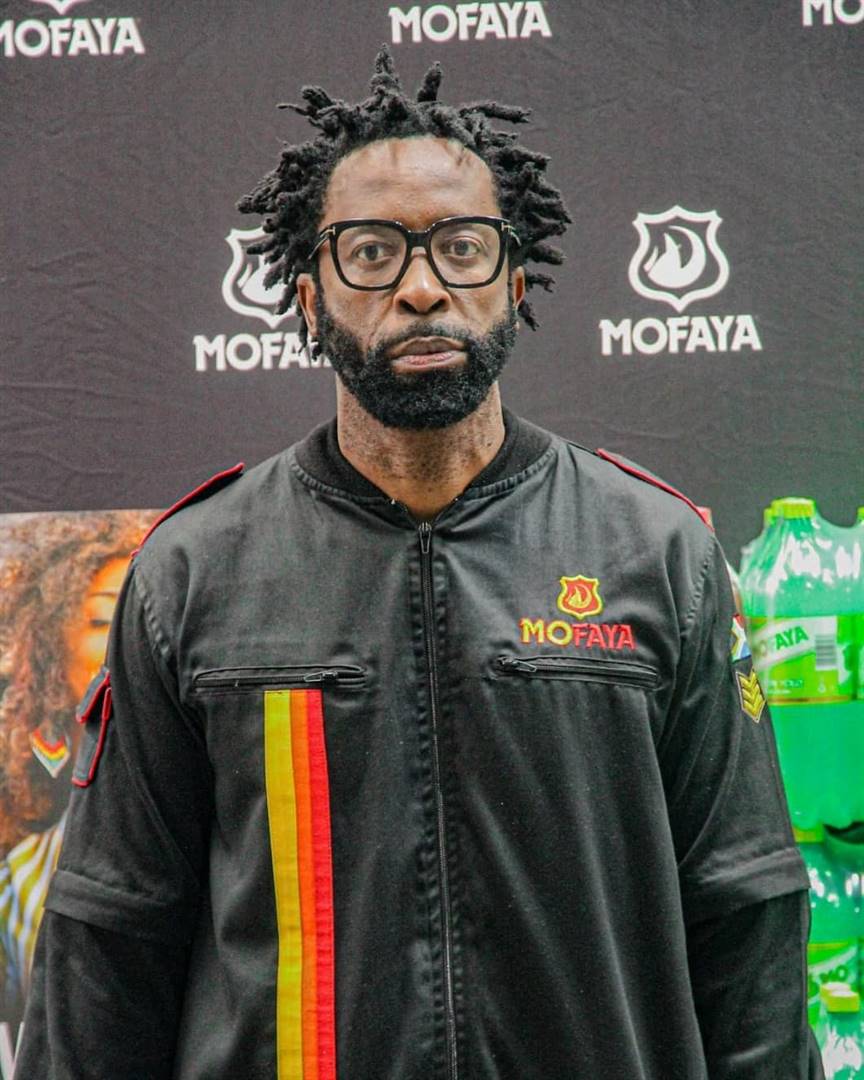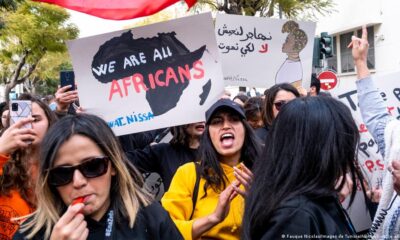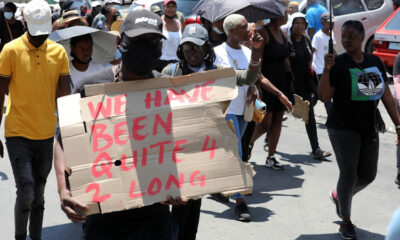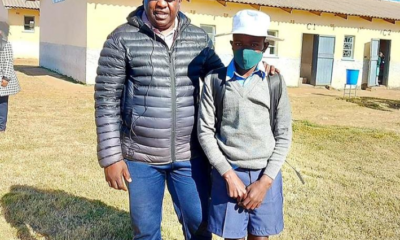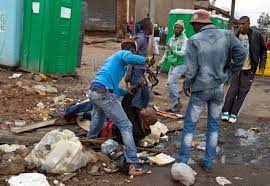Popular South African disk jockey, TV and radio host, music producer, and entrepreneur DJ Sbu, whose real name is Sibusiso Leope, says his compatriots should stop indulging and wallowing in xenophobic negativity and focus on important positive things that can change their lives, while serving the country better.
Reacting to the xenophobic attacks on Miss South Africa contestant Chidima Vanessa Onwe Adetshina, who has a Nigerian father and a South African mother of Mozambican origins, DJ Sbu – whose MoFaya energy drink brand is part of the competition sponsors – says there is no justification at all in attacking for days a young lady, born in South Africa, when she is merely pursuing her passion and dreams.
Adetshina is a law student and model born and bred in Soweto, Johannesburg.
Once she entered the beauty pageant, Adetshina, who says she will not be deterred by haters, found herself engulfed in a storm of xenophobia and controversy as some South Africans demanded she should be removed from the competition as she is a “foreigner”.
Despite Miss South Africa clarifying that Adetshina met the criteria of the competition – that one must be between 20 and 30 years old, be a citizen and produce an ID or passport, and declare dual nationality if she has it – her attackers have been unrelenting, going to the extent of initiating a petition against her to bully her out.
DJ Sbu said people should stop this and focus on positive rather than negative energy and hate to improve their lives and contribute to South Africa constructively.
He also said South Africans should know history and appreciate reality, remember that many among them – including politicians, businesspersons, entrepreneurs, corporate executives, innovators, celebrities and social influencers, actors, musicians, academics and ordinary people – have origins and familial relations across the region.
DJ Sbu also revealed that he also has regional origins as his grandfather came from outside South Africa.
He did not say from where, but previously he said his biological father, who was born in South Africa, was of the Nkosi clan of Swati origins where his grandfather came from.
However, DJ Sbu was brought up by Ntate Leope, a South Africa, who was like a father to him. Millions of black people of South African origin or roots are scattered across the region in countries like Lesotho, Eswatini, Botswana, Zimbabwe, Mozambique, Zambia, Malawi and Tanzania, and vice-versa. The mfecane or difaqane wars triggered by the rise of Zulu King Shaka in the 19th century fuelled this movement to those countries specifically.
There is also the issue of common border communities which were divided by colonial boundaries between South Africa and Lesotho, Eswatini, Mozambique, Botswana and Zimbabwe, for instance, who share common historical ties and cultural affinities with South Africans, but find themselves having to contend with xenophobes and haters or needlessly explain themselves to identify with their familial relationships or direct relatives across the borders.
In addition, there were other waves of people moving to South Africa instead of out, for instance the Wenela period in which the Witwatersrand Native Labour Association recruited migrant workers from across the region to work in South African gold mines.
The footprint of those people is all over South Africa presently.
The current wave of migration to South Africa from across the continent compounds the situation, mainly driven by push factors like political instability and failed economies or social problems in countries like Zimbabwe and others.
All this is well-documented in history and shapes the current South African social landscape and geoethnic map among black people.
While South Africa has to enforce its tight border and immigration controls like any other country and defend its sovereignty and society, xenophobia and vigilantism cannot be an informed and sustainable policy.
The solution for South Africa is fixing borders and immigration, while at the same time using its regional superpower status to push for continental game changing investment inflows, economic integration, stability and growth to address the root cause of the problem – Africa’s economic failure and conflicts.
If the region stabilises and grows, push and pull factors will be addressed to ensure people do not flock to South Africa, but move across the whole region for opportunities and create value for host countries.
Besides, DJ Sbu’s message defending Adetshina and Miss South Africa drew public attention to social media which has brought many benefits to society, such as increased connectivity and access to information, but also promoted negative things which cannot be ignored.
Some of the negative excesses of social media include cyberbullying, spread of misinformation, fake news and lies, blackmailing people, addiction, decline in face-to-face communication, self-esteem issues, social isolation, hate and polarisation, and echo chambers, cyber-stalking and harassment, invasion of privacy, and trampling on other people’s freedoms with impunity.
This has made society and communities toxic in many ways, although the benefits still far outweigh negativity.
